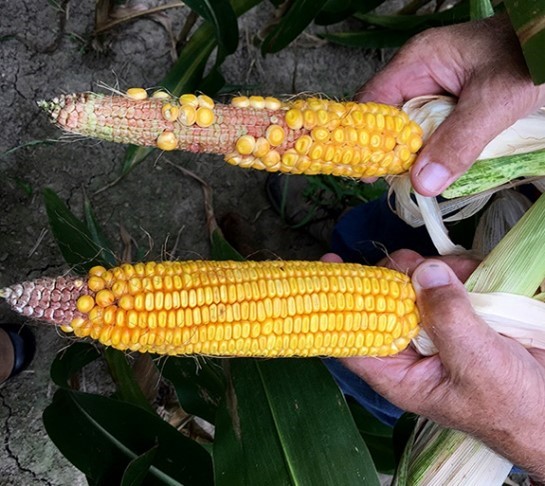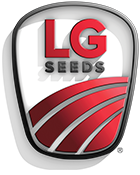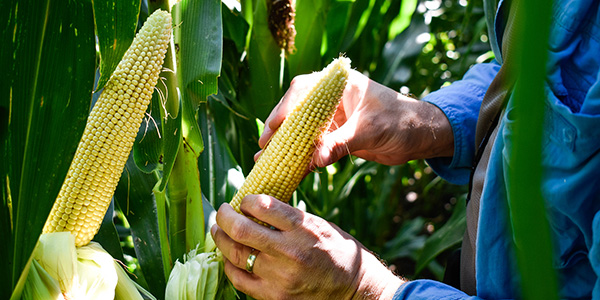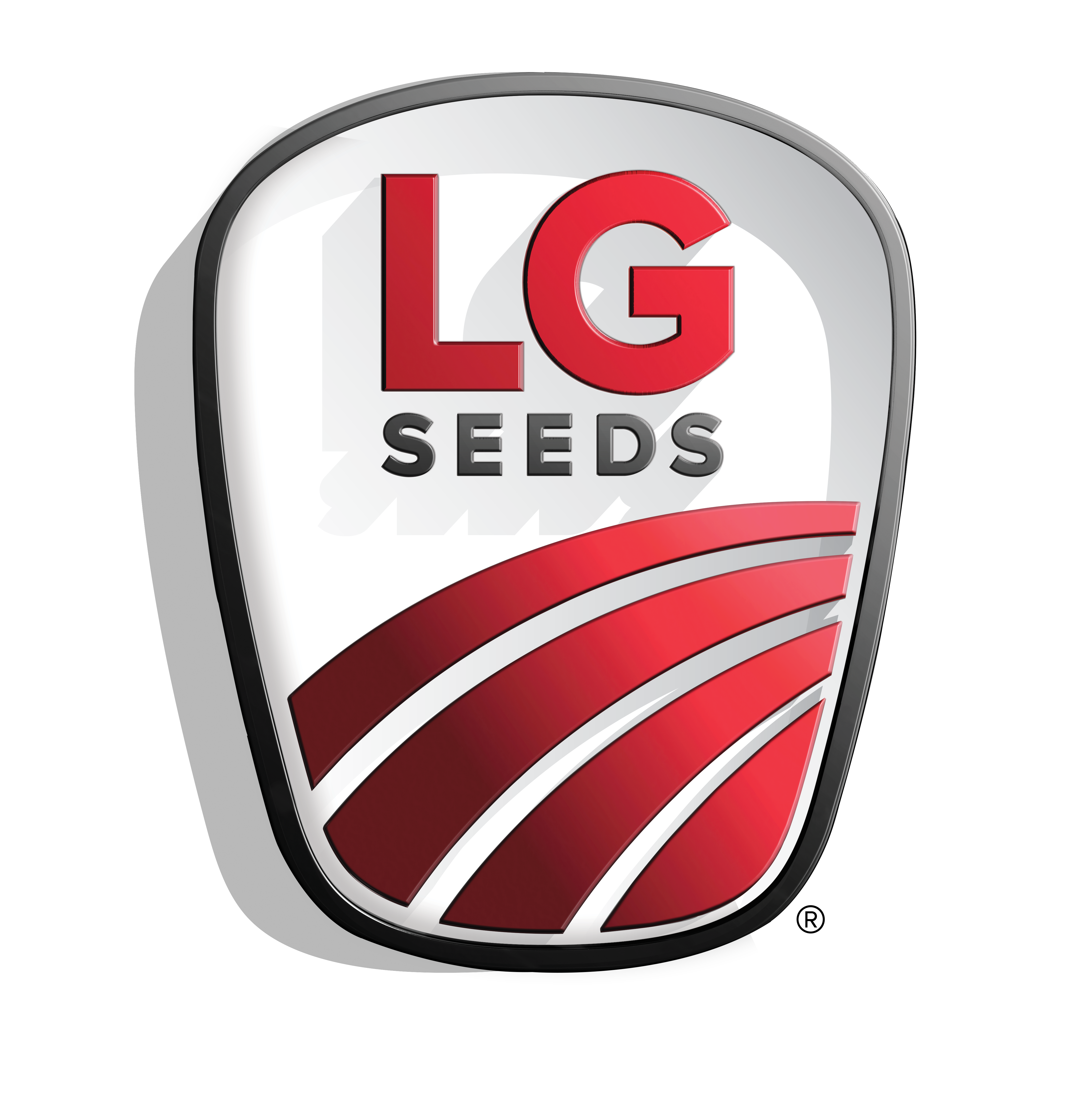AGRONOMICSUPPORT
YOU CAN TAKETO THE FIELD
Don’t Let a Boron Deficiency Diminish Your Yields
The Importance of Boron:
Boron is an essential micronutrient used in trace amounts that is associated with pollen germination, cell wall structure and carbohydrate metabolism in the plant. Boron accumulation just before plant pollination supports overall success of reproduction for both tassels and ears.
Boron is more available in the plow layer of the soil where organic matter is the highest. Soils that have low amounts of organic matter, such as course textured (sandy) soils are more likely to see a boron deficiency. Soil pH additionally plays a key role in boron availability. The ideal pH level to maximize nutrient availability is between 6.5 and 7.0. Alkaline soils (soils with higher pH) limit overall availability, so before adding supplemental Boron be sure the soil is at an ideal level.
Deficiency Symptoms:

Because Boron is immobile within corn plants, deficiency symptoms will be present on the newest leaves. Misshapen leaves with abnormal growth, shorter plant internodes and barren ears (ears with poor kernel development) are all key indicators that Boron is deficient. (Photo courtesy of PRIDE Seeds)
How to Manage Boron in the Field:
To test for nutrient deficiencies in your soils, consider both plant tissue testing and soil testing for diagnostic results. Soil testing can gauge overall soil health and is a good starting place, while tissue testing is a good practice for identifying nutrients, especially micronutrients that could limit yield potential.
After receiving test results, if supplemental Boron is needed for the corn crop, use your results to determine the correct application rate and method. Boron can be applied in the fall with dry fertilizer, in the spring with a starter or in foliar fungicide applications. Be cautious when applying Boron with starter fertilizer, as getting too close to the seed can cause injury during germination.
Reach out to your LG Seeds representative if you have questions about nutrient management.





